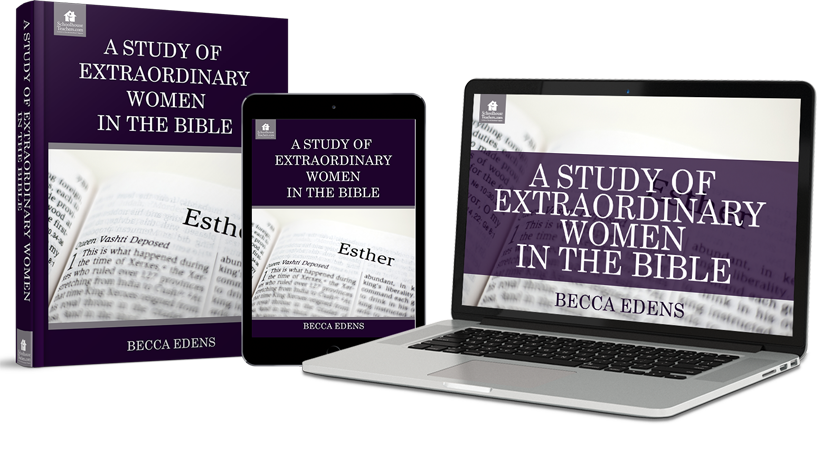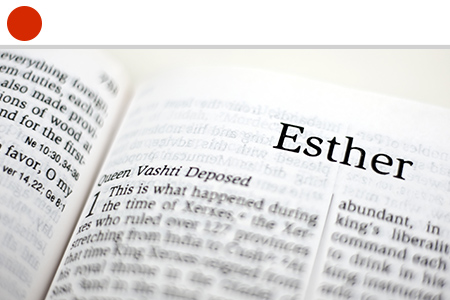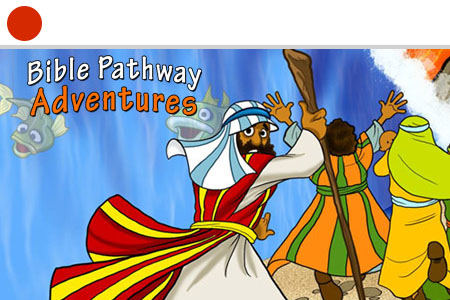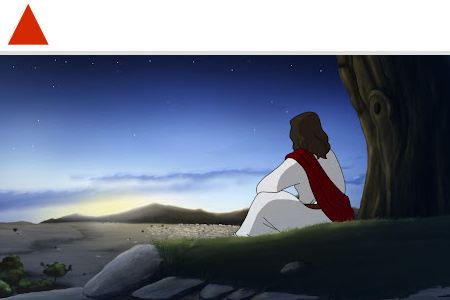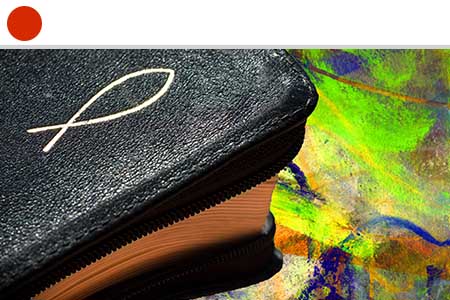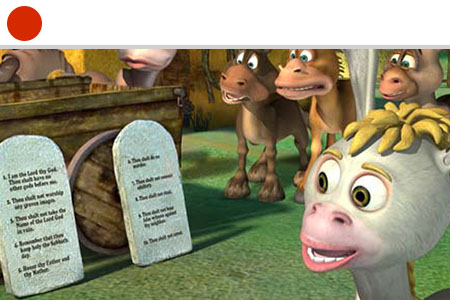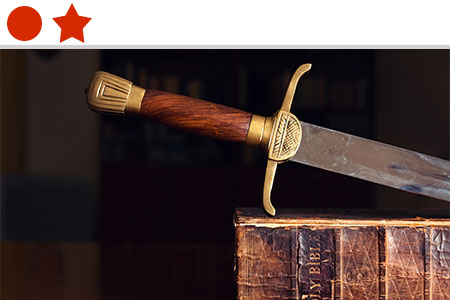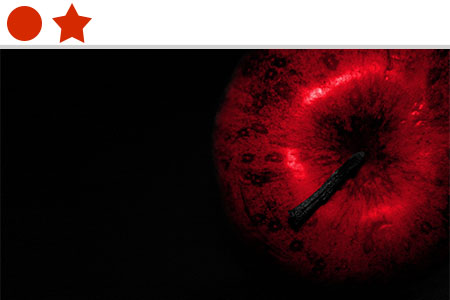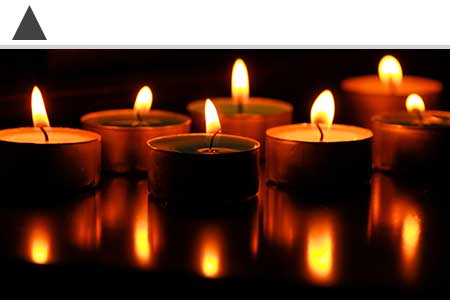A Study of Extraordinary Women in the Bible for Homeschool Course Sample
To view a full sample of the course, click here.
Extraordinary Women in the Bible
A Character Study Devotional
About the Study:
Welcome to the study of Extraordinary Women of the Bible! In this series, we are taking a look at some well-known, as well as some very obscure, women of the Old and New Testament to see what it really means to be a wise and courageous woman of God! You’ll probably be a little surprised to find out that Bible times were not as primitive as you think, and God used women just as much as men to do His will.
These ladies were bold and strong. Some were regular women going about their lives and jobs who stepped out in courage and risked their lives to obey God, while others were called out to be judges, leaders, and prophetesses. You’ll see in some of the stories that these women were human and made plenty of mistakes along the way (like us all), but they were added to this study because of how they used their unique feminine qualities in service to God. Nowhere in the Bible does it imply that women should be in the background, never contributing.
God lifted women up and gave them important tasks for His purposes. He does the same today for anyone, male or female, who will answer the call of Isaiah 6:8—“Then I heard a voice saying ‘whom shall I send, and who will go for us?’ And I said here am I Lord, send me.”
This study is intended to be used as a weekly devotional, studying one character/quality per week for eighteen weeks. However, it can instead be used as a daily devotional, studying one character/quality per day (excluding Sundays) for three weeks. Refer to the end of the study for a weekly scripture writing plan to correspond with each lesson.
Courage
Read: Exodus 1:15-22
Shiphrah & Puah
During the time the Hebrew people were in slavery in Egypt, Egypt was the most powerful nation in the world. That meant the king of Egypt, the pharaoh, was the most powerful person in the world. The Bible leaves him unnamed, but Egyptian history tells us that the pharaoh of Egypt during this period of time was Thutmose I. Thutmose used the Hebrews to build and maintain his empire by forcing them to endure long, difficult work days. They were beaten when they didn’t work hard enough and killed for disobedience. However, he also feared how much the Hebrews were growing as a nation and worried that in time they could overthrow him. So he devised a plan. He would limit the number of Hebrew men in his nation by having the baby boys put to death! Two Hebrew midwives, Shiphrah and Puah, were in charge of all the Hebrew midwives. The midwives would be sent for if a Hebrew woman was giving birth. They would be the first person to look the baby over immediately following delivery. The pharaoh came to Shiphrah and Puah and told them that when a Hebrew baby was born, they could allow the girls to live but ordered the women to kill the baby boys. More specifically, they were to drown these babies in the river.
The two women were up against a difficult choice. Disobeying a direct command of the king could have resulted in being put to death instantly, but Shiphrah and Puah respected and trusted God more than they feared Pharaoh. These midwives understood how special life is to God and knew that obeying God was more important than following the commands of an evil king. We aren’t told if Shiphrah and Puah told the other midwives of this evil plan or if they kept it to themselves in an effort to protect the other midwives. Either way, they ignored the command and allowed the babies to live. They stood strong in their faith and trusted God in their dangerous situation and in the end saved the lives of many Hebrew children, including Moses (who was born during this time period). Moses would grow up and later be very instrumental in delivering the Hebrew nation from slavery in Egypt!
Times are no different today. There have been stories of nurses in clinics who have disobeyed the doctor and saved a baby’s life after discovering it still breathing following an abortion attempt. Our society sometimes doesn’t put much value on human life before birth, in 2014, the Centers for Disease Control (CDC) reported that 652,639 legal abortions were performed. God hasn’t changed His mind about the sanctity of life. Every life is of value, and His command, “Thou shall not murder,” is not limited to after the baby is born. Life begins at conception, and life belongs to God alone. In fact, God says in Jeremiah 1:5, “Before I formed you in the womb, I knew you.”
God knew who we would become before we were even conceived, and He had plans for our life. We shouldn’t take that lightly. We have a purpose and a reason for being born, and if we allow our lives to be used by Him, He will complete that purpose in us. How beautiful that these two ladies understood this during their time and stood firm in their faith in God, regardless of the consequences.


